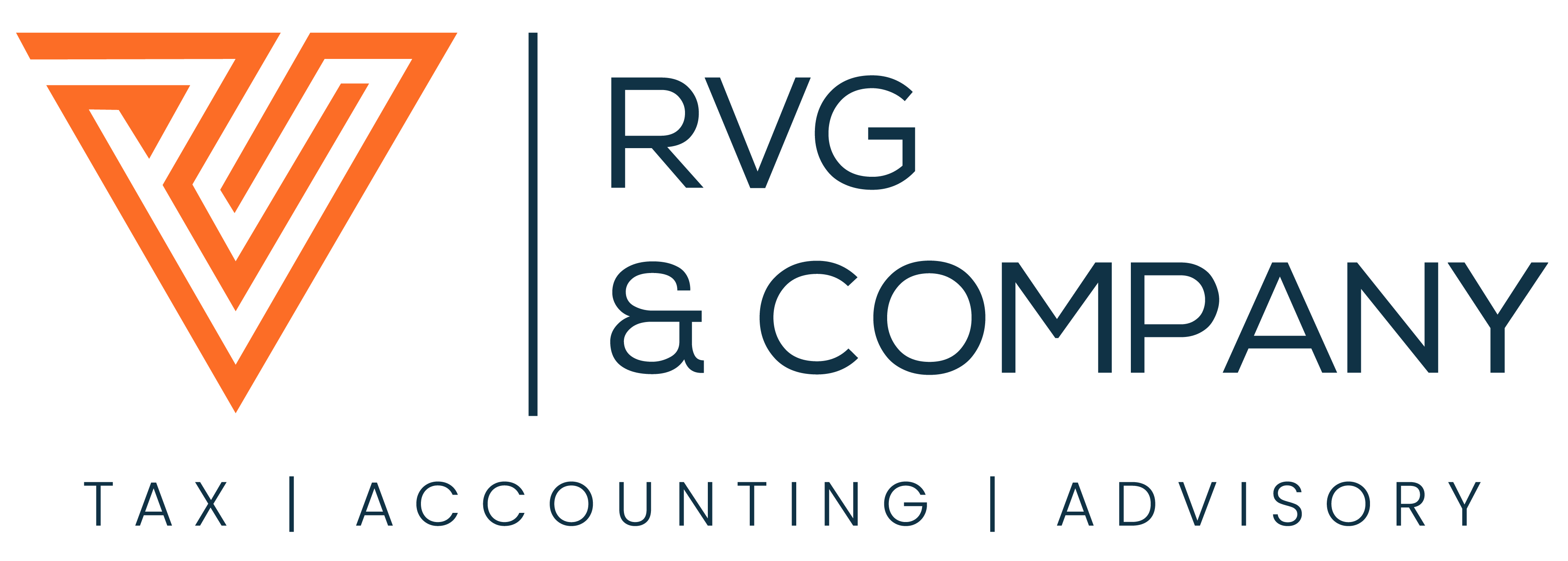
New York and California Issue Guidance on the Application of Public Law 86-272 Income Tax Exemption
Recently, the New York State Department of Taxation and Finance (DTF) and the California Franchise Tax Board (FTB) issued guidance related to internet sales activities that are no longer protected by the income tax exemption under P.L. 86-272. On April 29, 2022, the New York State DTF issued “Final Draft Regulations” that place limitations on the tax income exemption provided to taxpayers. Prior to that, the California FTB issued a Technical Advice Memorandum (TAM) on February 14, 2022, that outlined similar limitations on P.L. 86-272 for e-commerce and online sellers of tangible personal property. New York and California are the first states to adopt the guidance issued by the Multistate Tax Commission (MTC). In August of 2021, the MTC published a “Statement of Information Concerning P.L. 86-272” that provides guidelines and examples of internet and e-commerce activities that are no longer protected by P.L. 86-272. New York and California’s adoption of the MTC’s measures represents a shift in the application of P.L. 86-272 for digital and online businesses.
Background on P.L. 86-272 and the Wayfair Decision
P.L. 86-272 is a 1959 federal law that prohibits a state from imposing a net income tax on an out-of-state business for income derived from business activities within the state if their activities are limited to “mere solicitation” of orders for the sale of tangible personal property and the orders are then approved and filled from outside the state. If the orders are accepted, they must be filled by shipment or delivery from outside the state.
Since the enactment of P.L. 86-272, sales of tangible personal property have evolved from primarily occurring in-person or over the phone – to taking place remotely through the internet. However, Congress has not updated P.L. 86-272 to reflect changes in technology and sales activities.
After the 2018 U.S. Supreme Court decision in South Dakota v. Wayfair, Inc., the MTC conducted hearings regarding P.L. 86-272 in the context of internet sales. The MTC’s guidance follows the Supreme Court’s acknowledgement that the internet transformed modern sales practices and that the application of state taxes required a similar transformation. In Wayfair, the Court held that remote internet-based sellers were responsible for collecting sales tax even though they were not physically present in the buyer’s state. Wayfair overturned prior Supreme Court cases that required the seller to have physical presence in the taxing state to be liable to collect sales taxes.
The Court stated that in the digital economy, the physical presence test was no longer sound – and did not align with the modern e-commerce economy. The MTC used Wayfair as an opportunity to revise the application of P.L.86-272. The MTC noted that e-commerce sellers may be engaging in activities through the internet that go beyond the solicitation and approval of an order for purposes of the P.L. 86-272 exemption.
P.L. 86-272 Activities That Remain Protected Under Revised New York and California Guidance
The guidance issued by New York and California follows the MTC’s Statement of Information. It should be noted that the MTC did not alter the P.L. 86-272 exemption for non-internet-based sales. Below is a list of internet / e-commerce activities that would still be protected under P.L. 86-272 in both New York and California:
- Providing post-sale assistance to customers by posting a list of static frequently asked questions (FAQs) with answers on the company’s website.
- Placing internet “cookies” onto the computers or other devices of the customers that gather information only used for purposes entirely ancillary to the solicitation of orders for tangible personal property.
- Offering for sale only items of tangible personal property on the website, with the website allowing customers to search for items, read product descriptions, purchase items, and select delivery options.
Internet and E-Commerce Activities that Would Not be Protected by P.L. 86-272 Under New York and California Guidance.
The items listed below are the types of business activities and practices that will unwind the P.L. 86-272 exemption for online and e-commerce-based sales. This list is not exhaustive and may evolve as technology advances.
- Providing post-sales assistance to customers by electronic chat or email those customers initiate by clicking on an icon on an internet website.
- Soliciting for and receiving online applications for a business-branded credit card via the website from customers.
- Enabling internet website viewers to apply for non-sales positions through submission of an electronic application and an upload of a cover letter and resume.
- Placing internet “cookies” onto the computers or other electronic devices of customers to gather customer information that is used to adjust production schedules and inventory amounts, develop new products, or identify new items to offer for sale.
- Remotely fixing or upgrading products previously purchased by customers by transmitting code or other electronic instructions to those products over the internet.
- Offering and selling extended warranty plans via internet website to customers who purchased the business’s products.
- Contracting with a marketplace facilitator that facilitates the sale of the business’s products on the facilitator’s online marketplace.
- Contracting with customers to stream videos and music to electronic devices.
Conclusion
The effective date for the New York modification is uncertain because the DTF requested timely feedback on the Draft Regulations by June 30, 2022. Presumably, the rules will be effective after that date. The effective date for the California TAM is less certain. While the FTB issued the TAM on February 14, 2022, the TAM indicates that the basis for the new guidance is the Supreme Court’s decision in Wayfair. As a result, it is possible that the FTB could apply the new guidance under the TAM retroactively to tax year 2018, when Wayfair was decided.
Lastly, since New York and California are influential state tax jurisdictions, it is likely that other state will adopt the guidance issued by the MTC.
If you would like to discuss the potential impact that revisions to P.L. 86-272 may have on your business, please call RVG & Company at 954.233.1767.
